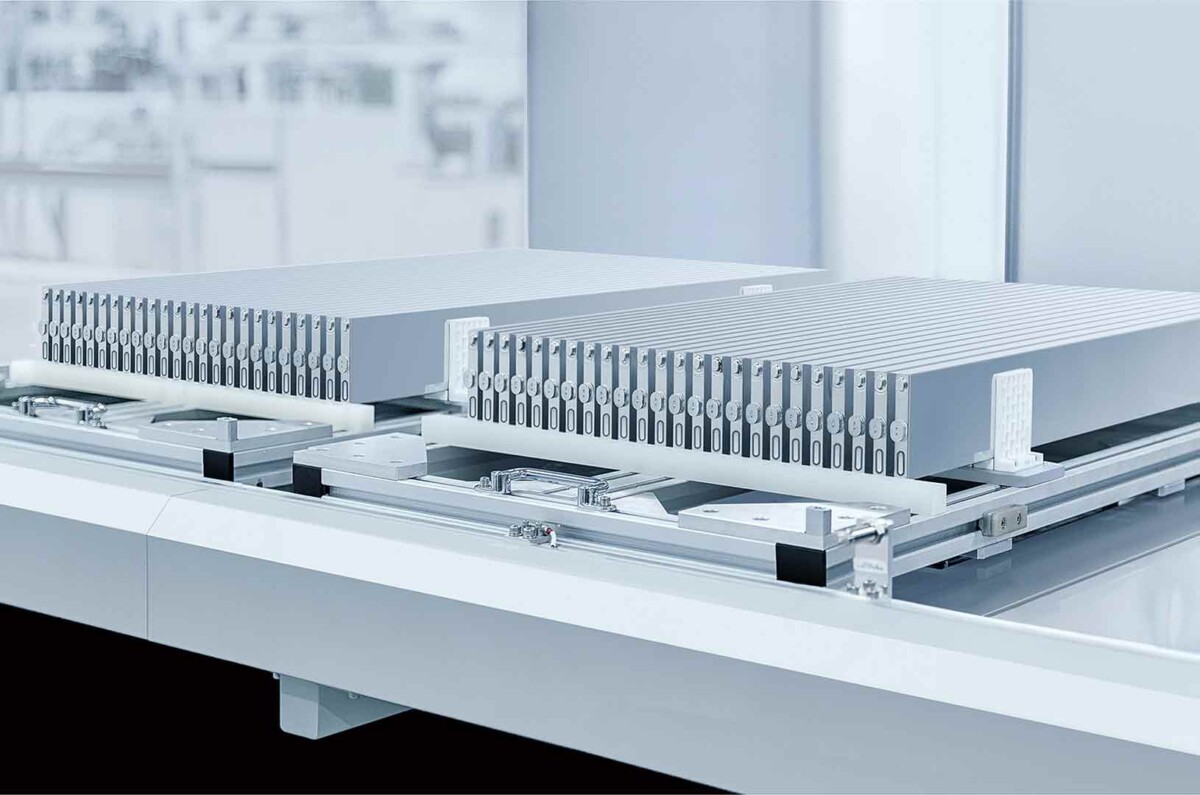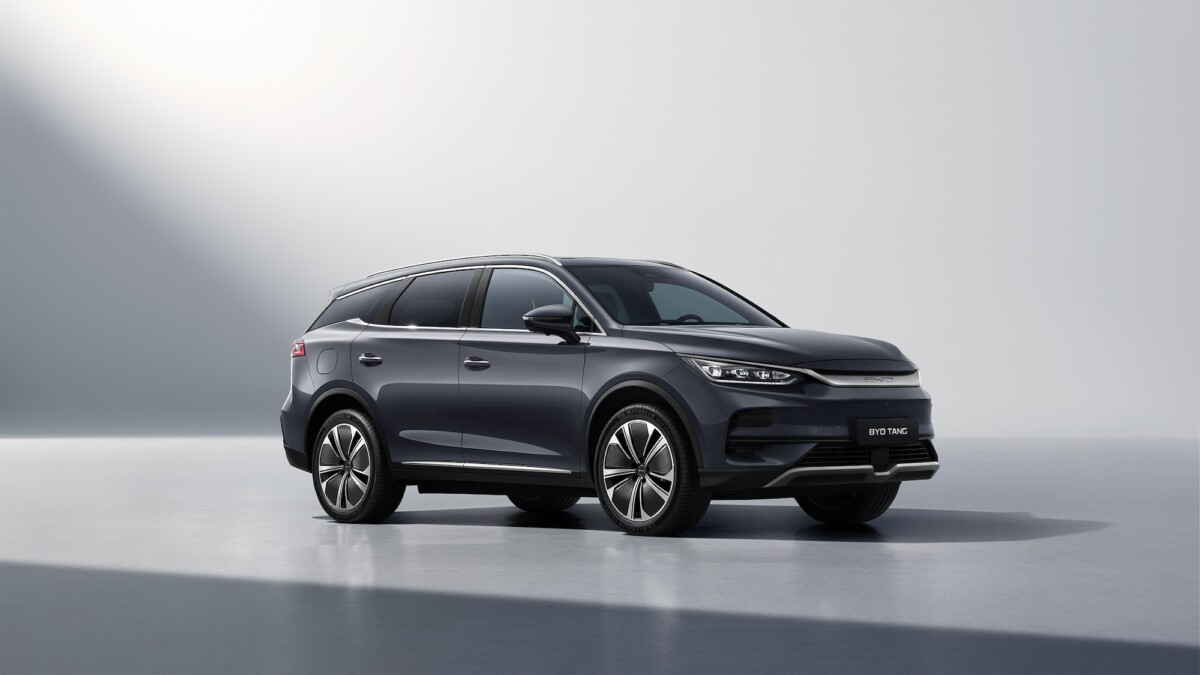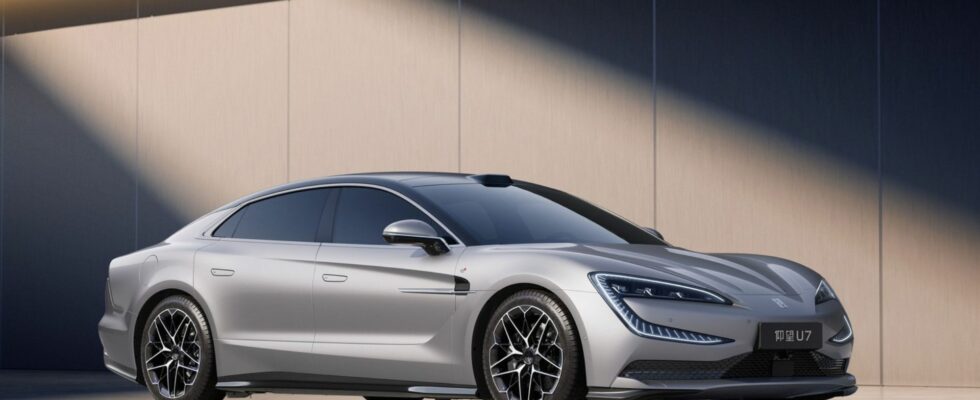Tesla’s biggest competitor, BYD, is set to unveil a whole new generation of electric car batteries. The good news is that it will still be affordable, cobalt-free LFP chemistry. But this time, the maximum range could reach 1,000 km.
BYD is the world number two in electric cars, just behind Tesla. The Chinese company sells a lot of electric cars and plug-in hybrids. But it also sells a lot of batteries for these same cars. It is even the Chinese number two, just behind the giant CATL. For the record, BYD has been supplying the batteries for the Tesla Model Y Propulsion manufactured in Berlin for several months. Enough to allow it to recharge from 10 to 80% in 20 minutes. Never seen before at Tesla.
But unfortunately, BYD batteries are much less interesting on the Chinese manufacturer’s cars. Their charging time is much higher than with Tesla, and the autonomy is not huge, due to the consumption of BYD electric cars. Even if everything is improving little by little. And in fact, the next generation of BYD batteries could well alleviate this phenomenon a little.
1,000 km of theoretical autonomy in the viewfinder?
BYD boss Wang Chuanfu recently spoke on the subject, during the presentation of the company’s financial results for the first quarter of 2024. The opportunity to announce that the 2nd generation of BYD batteries will be unveiled in August 2024. On the program, officially: a reduction in the weight and size of the batteries, to lower consumption, and therefore increase autonomy at equivalent capacity.

We will have to be content with this information from the mouth of the boss of BYD. Fortunately, local rumors allow us to see things more clearly. According to these, relayed by the media MyDrivers, the energy density of future BYD batteries will increase sharply, from 150 to 190 Wh/kg. In other words, it will be possible to store 25% more energy, for the same weight.
This is what allows us to tell the Chinese media that BYD will be able to offer electric cars with a range of 1,000 km on the Chinese CLTC mixed approval cycle. Or around 850 km on our European WLTP approval cycle.
Which cars will benefit from it?
At the moment, the largest capacity of a battery at BYD is 108.8 kWh, which is found in the new restyled BYD Tang. But its gargantuan consumption limits its CLTC autonomy to 730 km. It is rumored that BYD’s Yangwang U7 will integrate a 135.5 kWh battery. Will this car be the first at BYD to aim for 1000 km of theoretical autonomy?

Let us remember that there already exist electric cars with such autonomy, like the Zeekr 001 sold in Europe, or the Nio ET5. But at the cost, each time, of a huge battery, with 140 and 150 kWh respectively. With, as a result, a high weight, implying an equally high consumption, but also an unaffordable purchase price for the general public.
For its future generation of batteries, BYD would retain its signature, namely a Blade format (in strips) and an LFP (Lithium-Iron-Phosphate) type chemistry, completely doing without cobalt. The advantage is a lower manufacturing cost than other chemistries (notably NMA and NCM), to the detriment of energy density, which is a bit lower. For comparison, the energy density of NMA and NCM chemistries is above 190 Wh/kg: up to 255 Wh/kg for the CATL Qilin 3.0, making it possible to exceed 1,000 km of autonomy.
Want to find the best Frandroid articles on Google News? You can follow Frandroid on Google News in one click.
